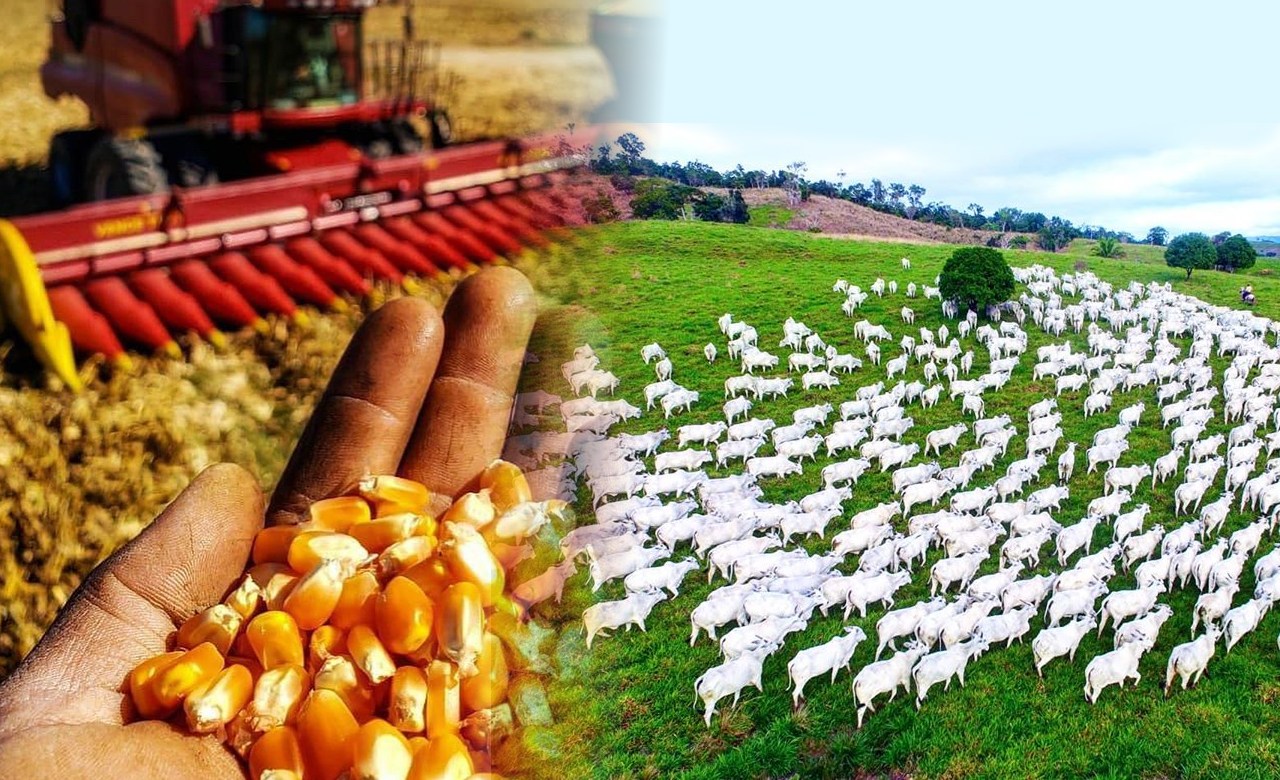RIO DE JANEIRO, BRAZIL – The rise in raw material prices in the international market throughout this year, driven by the economic recovery worldwide and the shortage of primary products, benefits Brazil’s exports in a period of tough recovery in the country.
However, the domestic context of instability makes this scenario, which had everything to be favorable, further degrade the country’s economic situation.
In 2020, agribusiness generated R$2 trillion (US$380 billion) in revenue from products and services, or more than 26% of the Brazilian GDP. Almost half of all exports, 48%, are linked to the sector.
Brazil is one of the world’s largest exporters of soy, minerals, cereals, and meat. During the last commodities boom in the 2000s, the country entered a boom cycle and ascended to an emerging economy.
But this time, it is different. The expectation is that the increase in global, mainly Chinese, demand could last for years – however, the benefits of this conjuncture for Brazil are limited.

“Unlike other times, we no longer had a balance of payments problems. In the 2008 crisis, in 2011, nor in the 2015-2016 crisis, when GDP went down there, we didn’t have it,” explains Francisco Lopreato, professor of Economics at Unicamp. “The great advantage that the big commodity booms brought us, in the past, was to help us with this issue – but now, the great positive effect it had is no longer there.”
Benefits in the stock market – but generalized price hikes for the population
Agribusiness income reaches record highs – in 2021, it should get almost double that recorded ten years ago in the grain sector and a third higher in livestock farming.
The extraordinary moment of exports sustains the rise in the financial market – the agricultural and livestock company securities account for one-third of the movement in the São Paulo Stock Exchange (Ibovespa) and attracted back foreign investors in recent months. The campaign has lowered the exchange rate and helps explain the disconnect between the Ibovespa indexes and the mediocre results of the Brazilian economy.
In practice, however, what we see is that the rise in food prices is seriously impacting the Brazilian conjuncture: it is pressuring the high inflation, above 8% and approaching two digits, a record in 21 years, and leading interest rates to rise again.
The rise in oil prices, for example, hurts the economy as a whole. Unemployment exceeds 14%, and the increase in poverty continues to cause concern. Add to this the political and energy crisis and the prolonged drought, and the rise in commodity prices result in more harm than good.
“In the last 15 days, there have been three increases in gasoline prices. We have a transportation matrix that is fundamentally based on trucks. The fact that there is an increase in petroleum prices leads to a generalized increase in everything”, emphasizes the economist from Unicamp.
WITHOUT PLANNING
Another challenge is to know if the favorable moment for agribusiness can drive a broader program of investments to increase productivity and improve the country’s infrastructure to become more competitive in other sectors, especially in industry.
In previous commodity cycles, Brazil failed to turn the bonanza period into benefits for the economy. This time, nothing indicates that it will be different. The economist points out that President Jair Bolsonaro does not even mention planning in this regard.
“He is not worried about the country. He is worried about himself. He is not a president who is going to coordinate actions, so it’s a disaster,” Lopreato says. “Based on the gains from commodity exports, there is no programming. There is no talk about that here in Brazil. There is no specific discussion about what we are going to do with this boom.”
On Monday, a report by US bank Wells Fargo pointed out that Brazil, along with others dependent on commodity exports, is one of the countries most vulnerable to China’s economic slowdown because of the lingering impact of the Delta variant of Covid-19 on the world economy and the risk of the collapse of real estate giants in the Asian country, such as the Evergrande construction company.

